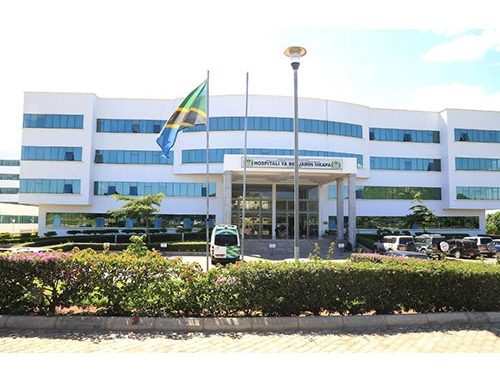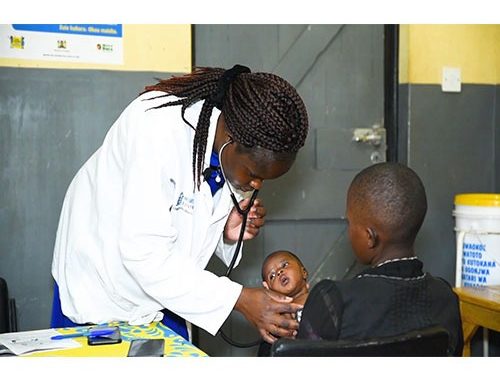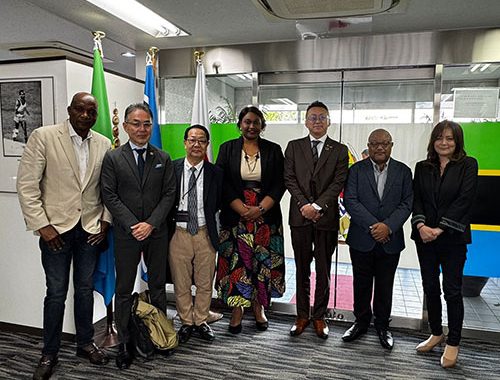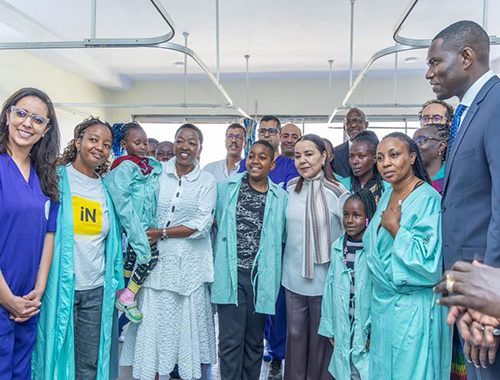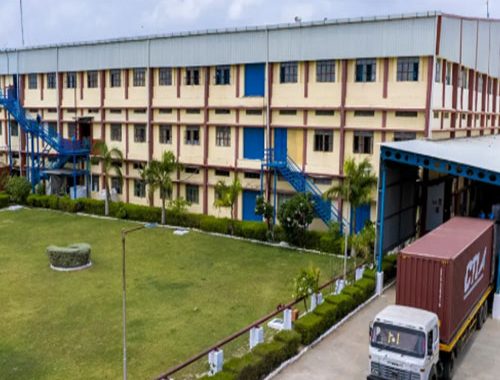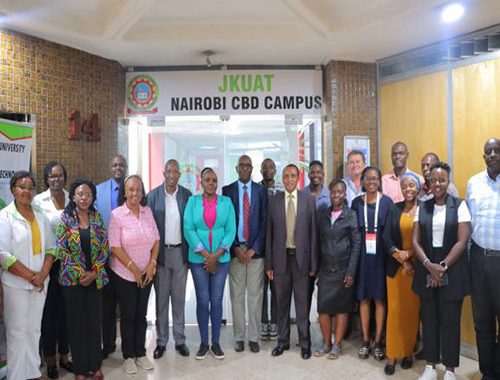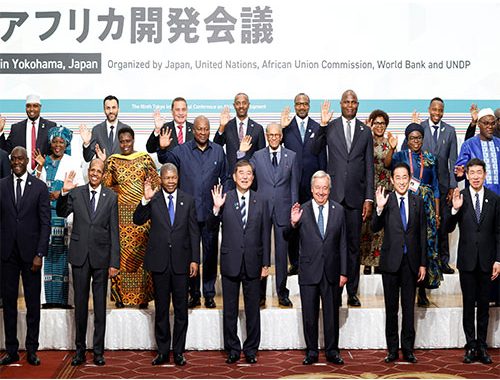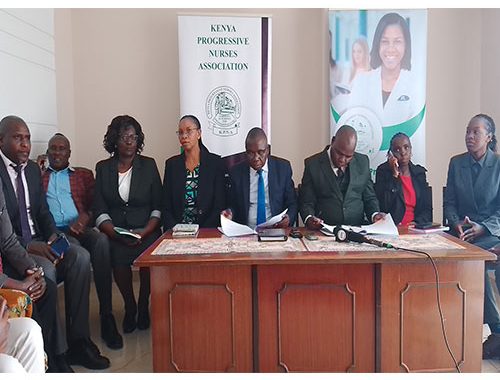The Benjamin Mkapa Hospital (BMH) is presently Tanzania’s first medical facility that is going to be fulfilling the nation’s global strategy as of the newly established relation with the Malawian authority.
Madalitso Baloyi, Malawi’s Minister of Health and Sanitation, announced Tanzania and Malawi work together on was interested medical supplies throughout her representative’s arrival to the BMH.
Although at the health care center, she emphasised the significance to promote healthcare tourism, claiming that there had been an immense queue of patients in surrounding Malawi whose would soon be sent to the BMH to benefit from specialised and super specialised healthcare. She stated that this will lower medical expenses and expand connections between the two nations.
“In the previous years we were referring our patients to India and other European countries but with this partnership, we will now be bringing them to BMH to access similar services at a more affordable cost,” she said.
addressing to those who represent their countries in Tanzania at Chamwino. State House, Samia Suluhu Hassan, the president of requested the diplomatic community to go beyond typical aid and use healthcare diplomatic means to support Tanzania’s plan of building a central region for specialised care.
The President insists that the current administration seeks to exploit the excellent record of health care organisations as an important principle of foreign policy to seek to draw in both economically viable and healthcare tourists.
“We equally want to leverage the short distance here in Tanzania so that we access specialised facilities as well as reduce the cost of referrals in other countries,” she said.
Using the Ministry of Healthcare, Malawi and BMH inaugurated an additional stage of joint growth described by Ms. Baloyi, with a concentration on improving specific healthcare facilities, professional development, and study to benefit both their citizens.
Under the supervision of Tanzania’s Deputy Ambassador to Malawi, Agnes Kayora, the initiative follows initial discussions between BMH’s Executive Director, Prof. Abel Makubi, and Dr. Dan Namarika, Malawi’s Permanent Secretary in the Department of Health.
According to Prof. Makubi, BMH will work together on knowledge and inquiry exchange, improve healthcare tourism, and develop skilled professionals through retraining and healthcare camps.
Prof. Makubi assured that the health facility delivers treatment in line with international quality standards, enabling other countries in Eastern, Central, and Southern Africa to access and benefit from the specialised services offered by BMH.

